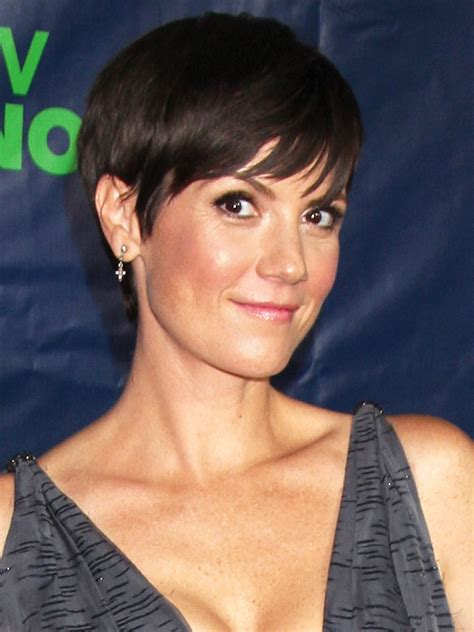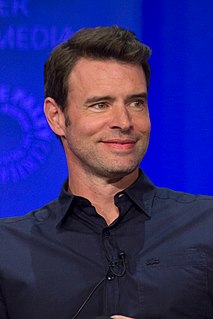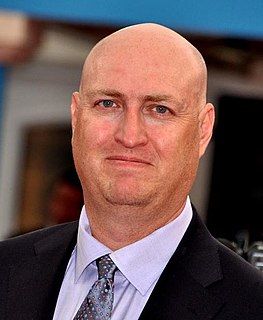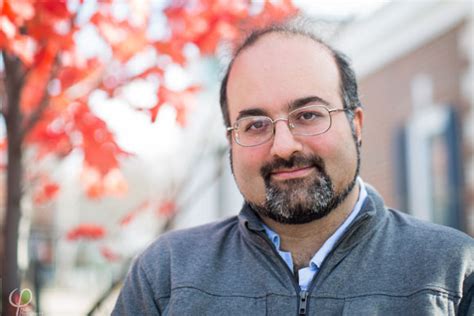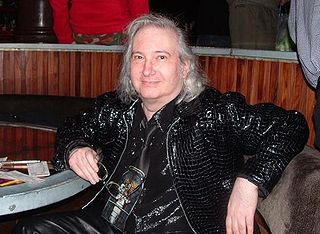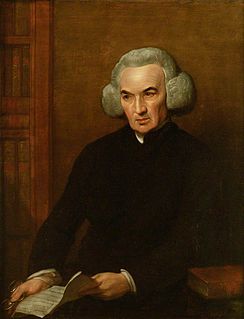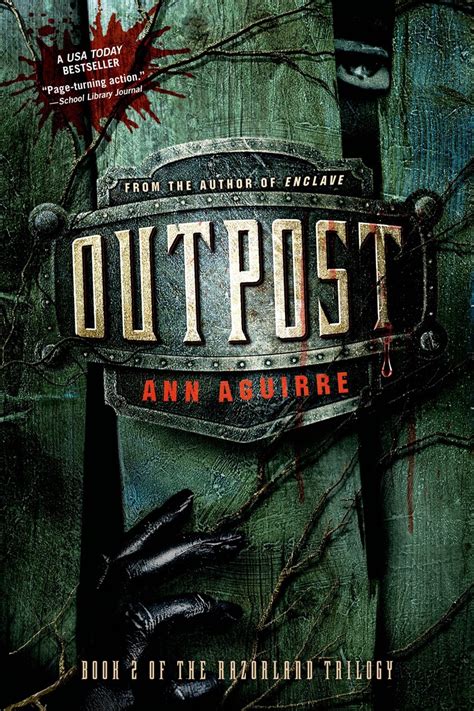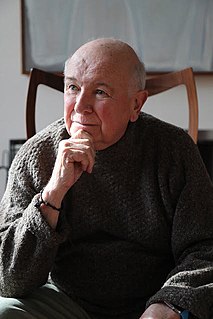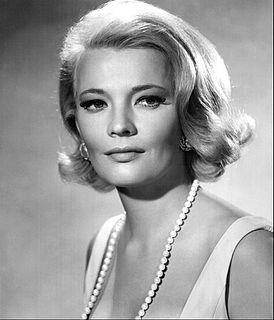A Quote by Rakul Preet Singh
Sukumar comes from a very different school of working style. He never shoots with set dialogues and scenes. Most of it is improvised on the spot. He'd tell me, 'Rakul, if this is your character, how would you behave? Show me.'
Related Quotes
I think it would be self-indulgent to go, "Oh, I'm going to make this character different by giving him a quirk of some kind." I don't think that serves the story, particularly. But even very similar scenes with a different set of actors, a different set of circumstances, it starts to evolve as a different character.
People say that you want to be varied in your career, and I've done so many things and am very appreciative. But, the one thing I've never done and wanted to do was to be a regular on a TV show, where you get 22 weeks of the year to develop and play a character. I've done arcs of five or eight episodes on shows, but I'd like to have a character that's rich enough and deep enough to want to explore and live with for a few years. Playing the same character, but doing different scenes seems very exciting to me.
Don't speak to me about your religion; first show it to me in how you treat other people. Don't tell me how much you love your God; show me in how much you love all God's children. Don't preach to me your passion for your faith; teach me through your compassion for your neighbors. In the end, I'm not as interested in what you have to tell or sell as I am in how you choose to live and give.
Nothing makes me happier than to have a smart person tell me why the show is smart, especially if I didn't intend that. I tend to be a very instinctual writer, and I don't plot shows out like, "This is my thesis and this is how I'm going to subtly sneak my thesis into this episode." I just approach it from, "We know these characters well, here are the situations that they're in, now how would they behave? What would the consequences be?" And it's always fun to see how people interpret that and dissect it afterward, and make me and the other writers seem probably smarter than we really are.
When I ask, “How are you?” that is really what I want to know. I am not asking how many items are on your to-do list, nor asking how many items are in your inbox. I want to know how your heart is doing, at this very moment. Tell me. Tell me your heart is joyous, tell me your heart is aching, tell me your heart is sad, tell me your heart craves a human touch. Examine your own heart, explore your soul, and then tell me something about your heart and your soul.
Let me show you how to drive me crazy,Let me show you how to make me feel so good,Let me show you how to take me to the edge of the stars and back again.You've gotta show me how to drive you crazy,You've gotta show me all the things you wanna happen to you,We've gotta tell each other everything, we always wanted someone to do.
In a given scene I may know nothing more than how it's supposed to end, most of the time not even that. Scenes are improvised. A character does or says something, and with as much spontaneity and schizophrenia as I can muster, another character responds. In this way, everything I write is spontaneous chain reaction and I'm running around playing leapfrog in my brain trying to "be" all my people.
John Cassavetes was there at night while I was working. After they [with his friends] discussed as much live TV as they felt they needed to, they started improvising scenes just for the fun of it and one of those scenes everybody got very interested in and it turned into Shadows [1959]. That movie was entirely improvised.

